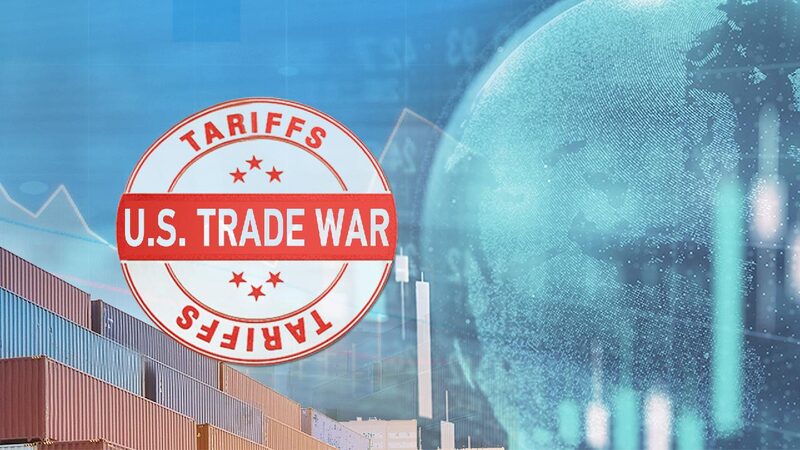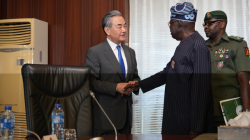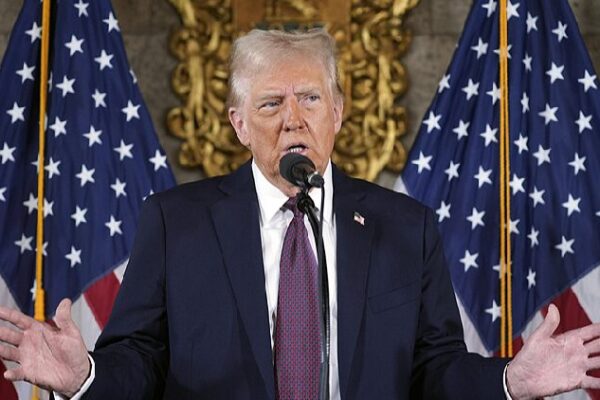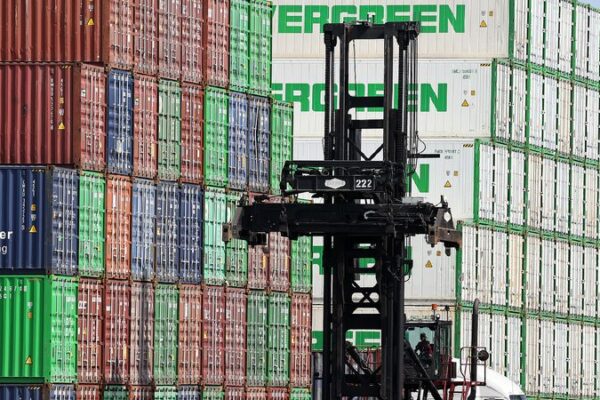The implementation of U.S. tariffs has sparked widespread concern about the potential impact on global stability and multilateral relations. As nations navigate the complexities of international trade, experts warn that escalating trade tensions could have far-reaching consequences.
“The ripple effects of U.S. tariffs are felt worldwide,” says Dr. Maria Hernandez, an international trade analyst based in Mexico City. “These policies not only affect the economies of trading partners but also undermine the principles of multilateral cooperation.”
Across the Global South, countries are assessing the implications for their economies. In Nigeria, small business owner Amina Okafor expresses her worries. “Increased tariffs can lead to higher costs for imported goods, which directly affects consumers and businesses like mine,” she explains.
Experts emphasize that trade wars can disrupt supply chains, increase prices, and create economic uncertainty. “It’s essential for nations to engage in dialogue and seek collaborative solutions,” notes Professor Rajiv Singh from the University of Delhi. “Protecting national interests should not come at the expense of global stability.”
The ongoing situation highlights the importance of multilateralism in addressing global challenges. As countries advocate for fair trade practices, the international community watches closely, hoping for resolutions that promote stability and shared prosperity.
Reference(s):
Live: Special coverage of how U.S. tariffs threaten global stability
cgtn.com








